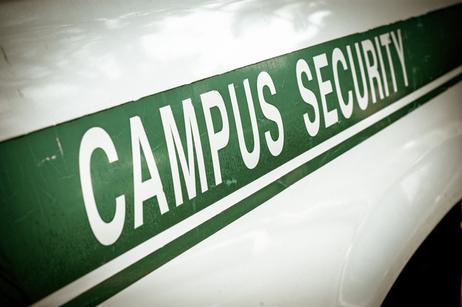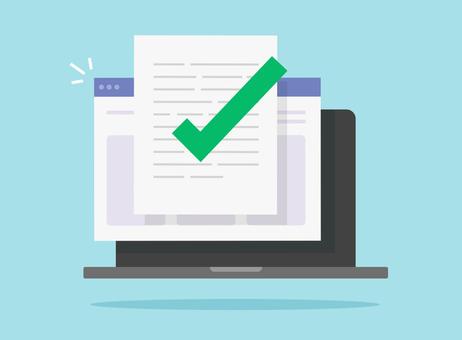Education is a crucial investment in a child's future, and as a parent, planning for their educational needs is essential. In this article, I explore the various educational savings accounts available to parents for private K-12 education. Understanding these options will help parents make informed decisions and effectively engage with their legal and financial professionals. Disclaimer: I am not a financial advisor or tax professional. The information given here is for educational purposes only. Always consult with your financial advisor, account or tax professional before making important financial decisions.
The History of Educational Savings Accounts
Educational savings accounts in the United States have evolved to address the need for specialized savings vehicles for education expenses.
Here is a brief history of educational savings accounts and the key legislative milestones:
- 1996: The Small Business Job Protection Act (SBJPA): The SBJPA, enacted in 1996, introduced a new type of account called the Education IRA (now known as the Coverdell Education Savings Account or ESA). This legislation allowed families to save for education expenses with certain tax advantages.
- 1997: Taxpayer Relief Act (TRA): The TRA, passed in 1997, expanded the scope of Education IRAs (Coverdell ESAs) by increasing the annual contribution limit from $500 to $2,000 per beneficiary and extending the use of funds to include elementary and secondary education expenses in addition to higher education.
- 1998: Internal Revenue Code Section 529: In 1998, Section 529 of the Internal Revenue Code was enacted, creating a new


































